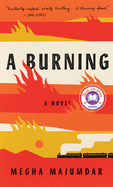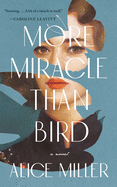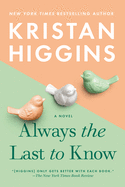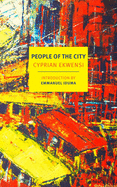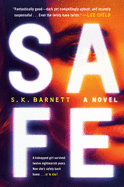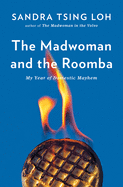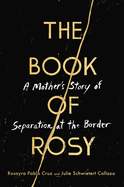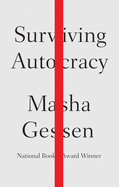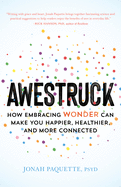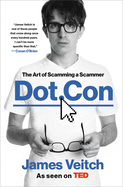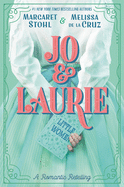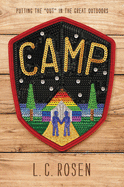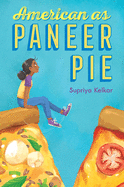Road Trips Become Read Trips
Since my car has been getting three months to the gallon for most of 2020, road trips have become read trips. I'm not alone. Even the legendary 24 Hours of Le Mans race (think the Ford v Ferrari movie) will be run this weekend as an e-sports event, with each team featuring a mix of professional racers and gamers.
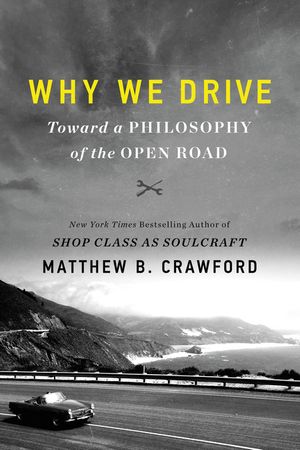 In Why We Drive: Toward a Philosophy of the Open Road (Morrow), Matthew B. Crawford writes that "the road has a dicey quality to it. We usually have a destination in mind, but when we get behind the wheel we expose ourselves to unexpected hazards, as well as unlooked for moments of discovery."
In Why We Drive: Toward a Philosophy of the Open Road (Morrow), Matthew B. Crawford writes that "the road has a dicey quality to it. We usually have a destination in mind, but when we get behind the wheel we expose ourselves to unexpected hazards, as well as unlooked for moments of discovery."
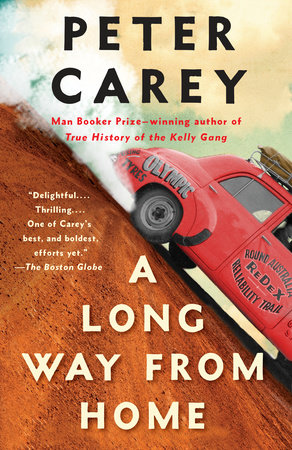 Peter Carey's road trip is intensely multilayered in A Long Way from Home (Vintage International). During the 1950s, Willie Bachuber, a man devoted to maps, takes part in the Redex Trial, a 10,000-mile car race through the unforgiving Australian outback. There he is confronted with equally unforgiving revelations about his personal and cultural history that no map could chart.
Peter Carey's road trip is intensely multilayered in A Long Way from Home (Vintage International). During the 1950s, Willie Bachuber, a man devoted to maps, takes part in the Redex Trial, a 10,000-mile car race through the unforgiving Australian outback. There he is confronted with equally unforgiving revelations about his personal and cultural history that no map could chart.
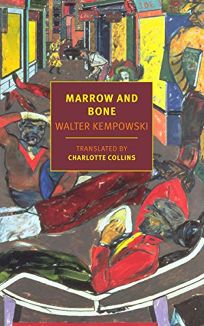 A West German journalist is hired by a luxury car company to travel through the Polish People's Republic in the late 1980s in Marrow and Bone by Walter Kempowski, translated by Charlotte Collins (NYRB Classics). Then it gets complicated: "All they were really meant to be doing was test-driving the new V8s; what did that have to do with Hitler's bunker?"
A West German journalist is hired by a luxury car company to travel through the Polish People's Republic in the late 1980s in Marrow and Bone by Walter Kempowski, translated by Charlotte Collins (NYRB Classics). Then it gets complicated: "All they were really meant to be doing was test-driving the new V8s; what did that have to do with Hitler's bunker?"
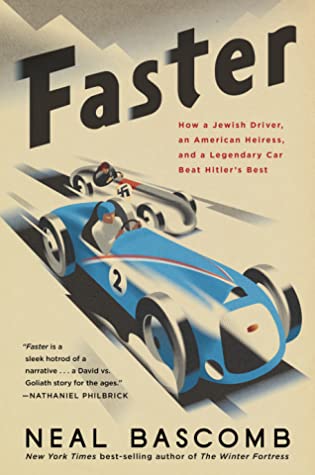 In the prologue to Faster: How a Jewish Driver, an American Heiress, and a Legendary Car Beat Hitler's Best (Houghton Mifflin Harcourt), Neal Bascomb writes: "The tale of René Dreyfus, his odd little Delahaye race car, and their champion Lucy Schell was one of the stories that Hitler would have liked struck from the books. This is its telling."
In the prologue to Faster: How a Jewish Driver, an American Heiress, and a Legendary Car Beat Hitler's Best (Houghton Mifflin Harcourt), Neal Bascomb writes: "The tale of René Dreyfus, his odd little Delahaye race car, and their champion Lucy Schell was one of the stories that Hitler would have liked struck from the books. This is its telling."
Crawford observes: "When you are leaned into a blind curve on a two-lane country road on a motorcycle, it becomes very clear that the road is a place of mutual trust." That goes for road trips and read trips. --Robert Gray



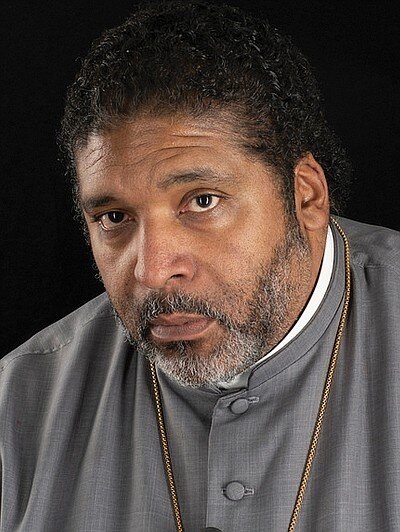
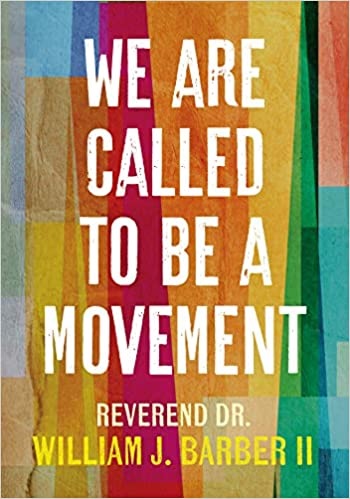 Your top five authors:
Your top five authors: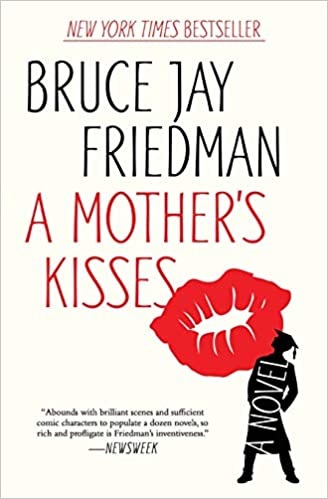 Bruce Jay Friedman, who wrote darkly humorous novels, screenplays and scripts exploring the fears and insecurities of the white middle-class, died last week at age 90. Born and raised in the Bronx, N.Y., Friedman published his first book, Stern, in 1962. His sophomore novel, A Mother's Kisses, about an overbearing Jewish mother taking her son to college, became a bestseller in 1964. His first play, Scuba Duba, premiered in 1967 and was an Off-Broadway hit. In the early 1970s Friedman wrote Steambath, another popular play that was televised in 1973. He published the novels The Dick, about an urban detective, and About Harry Towns, featuring a screenwriter addicted to cocaine and, in the latter half of the decade, he wrote The Lonely Guy's Book of Life, which began as a series of essays and was later adapted for film. Friedman also wrote short stories, and his story "A Change of Plan" became the film The Heartbreak Kid.
Bruce Jay Friedman, who wrote darkly humorous novels, screenplays and scripts exploring the fears and insecurities of the white middle-class, died last week at age 90. Born and raised in the Bronx, N.Y., Friedman published his first book, Stern, in 1962. His sophomore novel, A Mother's Kisses, about an overbearing Jewish mother taking her son to college, became a bestseller in 1964. His first play, Scuba Duba, premiered in 1967 and was an Off-Broadway hit. In the early 1970s Friedman wrote Steambath, another popular play that was televised in 1973. He published the novels The Dick, about an urban detective, and About Harry Towns, featuring a screenwriter addicted to cocaine and, in the latter half of the decade, he wrote The Lonely Guy's Book of Life, which began as a series of essays and was later adapted for film. Friedman also wrote short stories, and his story "A Change of Plan" became the film The Heartbreak Kid. 